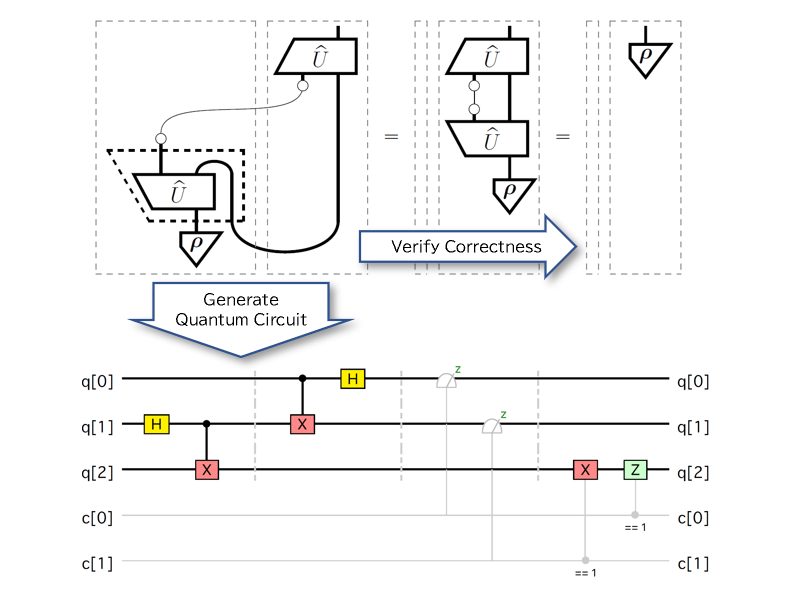Research Activities: For Next Technology

The information space has seen unprecedented growth due to the development of advanced information processing systems. On the other hand, in the real world, physical limitations and bodies still exist so that such limitations can be felt in our lives. At our institute, we aim to provide a platform for freely moving between these two spaces for the rich development of our world in the future. We have adopted a mathematical approach to create the platform. This is because we believe the mathematical method has the power to create incremental ladders that lead from the tangible to the intangible as well as to provide a bridge between them.
Research Activities
Mathematical Modeling
To work on real-world problems, we need to consider the various systems where many components are intertwined in complex ways in an uncertain environment. A complex system might behave in an unstable manner if not appropriately controlled and small instabilities in each small component impacts the whole system. To cope with this problem, our institute is working on using a mathematical approach to support system platforms so that systems can be provided in a safe manner.
The core of our current research is artificial intelligence (AI). There are two main approaches to AI: statistical and logical. At our institute we are conducting research from both approaches, "research on providing robustness and guarantee to statistical approaches" and "research on allowing uncertainty in logical approaches." Our goal is to mathematically integrate these two approaches to become the basis for AI.

Quantum Software
A quantum computer can perform calculations much faster than traditional computers based on classical laws of physics by using quantum characteristics such as superposition and entanglement. However, quantum computing uses specific algorithms against specific problems to enable such fast computing so that the research and development of applicable software is essential for practical use.
Also, due to the special nature of quantum computing, we need to use a non-traditional approach for developing quantum software.
At our institute, we are researching ways to make quantum computing practical by developing quantum algorithms and by organizing development methodologies, high level languages, and development tools appropriate for quantum software.


